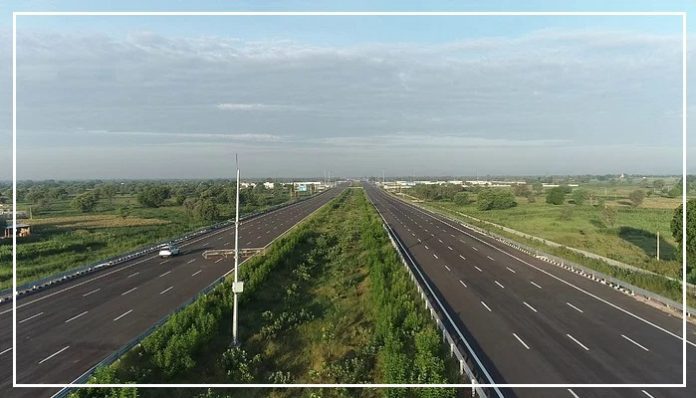According to an official statement, the National Highways Authority of India (NHAI), a State-owned organization, aims to develop approximately 10,000 kilometers of Optical Fiber Cable (OFC) infrastructure across the country by FY2024-25.
10000 Kms of OFC Across India
As per the statement, the National Highways Logistics Management Limited (NHLML), a wholly-owned special purpose vehicle of NHAI, will be responsible for implementing the “digital highways” network by creating integrated utility corridors along the national highways to develop Optical Fiber Cable (OFC) infrastructure.
As per the information provided, approximately 1,367 kilometers of the Delhi-Mumbai Expressway and 512 kilometers of the Hyderabad-Bangalore corridor have been identified as pilot routes for the development of the digital highway.
According to the statement, the Optical Fiber Cable (OFC) network will facilitate the accelerated deployment of advanced telecom technologies such as 5G and 6G, while also providing internet connectivity to remote areas throughout the country.
In the recently-inaugurated 246-kilometer Delhi-Dausa-Lalsot section of the Delhi-Mumbai Expressway, a dedicated utility corridor of three meters has been established for laying optical fiber cables, which will serve as the foundation for the implementation of the 5G network in the region.
Optic Fibre Cables to be laid within a year
According to the statement, the laying of Optical Fiber Cable (OFC) along the national highways, which has already commenced, is expected to be completed within one year.
The Optical Fiber Cable (OFC) network will enable a direct plug-and-play or ‘fiber-on-demand’ model for telecom/internet services, simplifying the process of providing connectivity and making it more convenient for users.
As per the statement, the leasing of the OFC network will be carried out through a fixed price allotment mechanism, which will be made available to all eligible users on an ‘open for all’ basis through a web portal.
The policy for allotting OFC is currently being finalized in consultation with the Department of Telecommunications (DoT) and the sector regulator, Telecom Regulatory Authority of India (TRAI).
The statement emphasized that the establishment of “digital highways” will not only catalyze growth and development, but also play a significant role in the digital transformation of the country, bringing about positive changes in various sectors of the economy.
